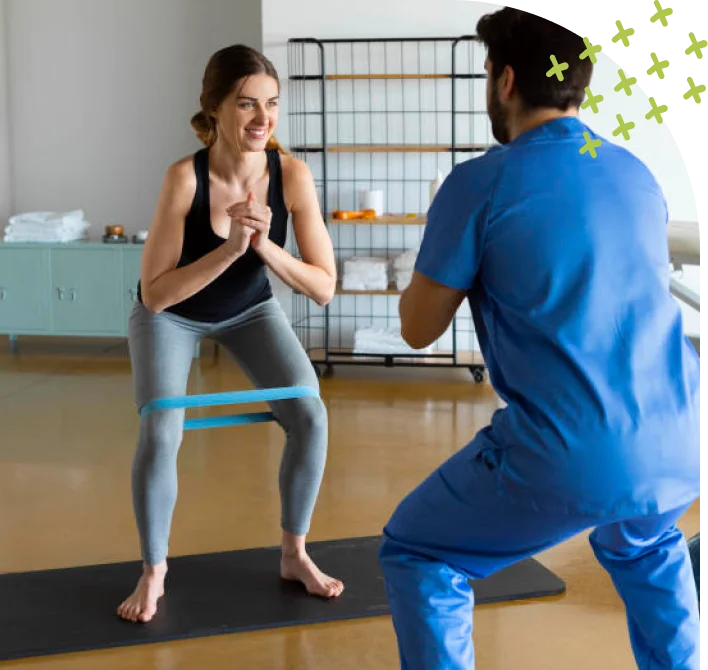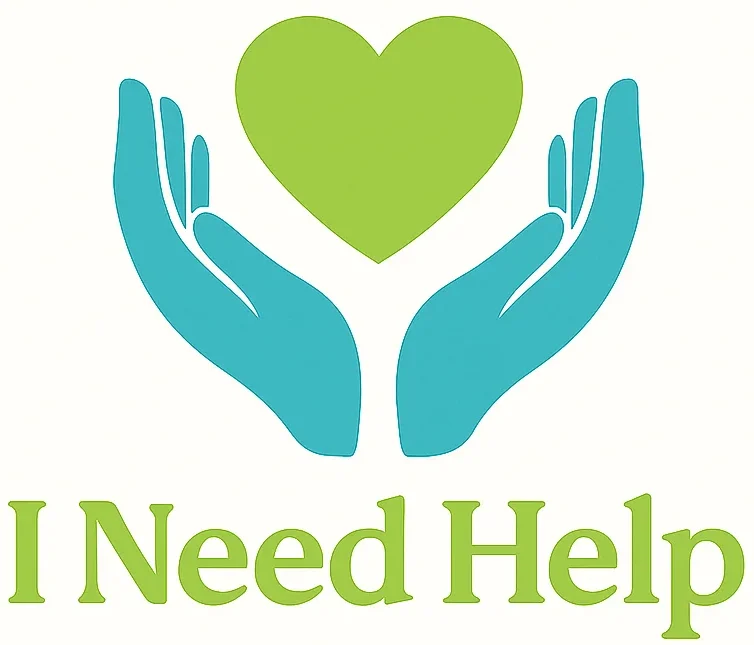Wellness Tools & Recovery

Wellness Tools & Recovery
Introduction: What Does It Mean to Heal?
Recovery isn’t a destination — it’s a journey of rebuilding your strength, peace, and sense of self. It means moving from surviving to living fully, even with ongoing mental health challenges. In South Africa, where poverty, trauma, inequality, and limited access to mental healthcare affect millions, wellness becomes both a personal responsibility and a collective need.
Wellness is more than just “feeling better.” It includes the daily habits, support systems, mindset shifts, and healing practices that help people feel grounded, resilient, and empowered.
Healing doesn’t look the same for everyone:
– Some find it in therapy or medication.
– Others in prayer, meditation, journaling, exercise, or talking with a trusted friend.
– Some heal through art, music, or serving others.
– Many combine traditional healing with modern mental health tools.
There is no single formula. What matters is finding what works for you — and allowing yourself the grace to grow at your own pace.
What Is Wellness?
Wellness is an active process of making choices that lead to a fulfilling and healthy life. It’s not the absence of illness, but the presence of balance.
The 7 Dimensions of Wellness:
1. Emotional Wellness – Understanding, managing, and expressing your emotions in healthy ways.
2. Mental Wellness – Developing a healthy mindset, self-awareness, and resilience.
3. Physical Wellness – Caring for your body through sleep, nutrition, movement, and rest.
4. Spiritual Wellness – Connecting with a sense of purpose, meaning, or higher power.
5. Social Wellness – Building nurturing and supportive relationships.
6. Occupational Wellness – Finding value and purpose in how you spend your time (paid or unpaid work).
7. Environmental Wellness – Creating safe, healing spaces — at home, in your community, and online.
You don’t need to focus on all seven at once. Small, intentional actions in one area can lift your whole system.
What Is Recovery?
Recovery means different things to different people:
– For someone living with depression, it may mean feeling motivated again.
– For someone recovering from substance use, it may mean staying clean one day at a time.
– For someone with anxiety, it could mean learning to sit with discomfort without panicking.
Recovery is:
– Ongoing, not linear
– Deeply personal
– A return to self-trust and self-worth
It doesn’t mean the absence of struggle — it means learning to live well alongside your challenges.
Wellness Tools That Actually Help (Part 1)
1. Emotional & Mental Wellness Tools
Mental wellness isn’t about always being happy — it’s about understanding your emotions, knowing how to manage them, and asking for help when needed.
Journaling
– Write down what you’re feeling.
– Use prompts like: “Today I felt…”, “What I need right now is…”
– Helps with emotional release, reflection, and tracking patterns.
Therapy & Counselling
– Seeing a therapist can help unpack trauma, toxic beliefs, and internal blocks.
– Affordable options exist in SA: SADAG, FAMSA, LifeLine, local clinics, university psychology departments.
– Online therapy (text or video) is growing — great for rural areas or privacy.
Support Groups
– Groups for depression, addiction, grief, abuse, and more.
– Free and confidential.
– Powerful to know “I’m not the only one.”
Mindfulness & Grounding
– 5-4-3-2-1 sensory grounding
– Deep breathing (inhale 4, hold 4, exhale 4)
– Guided meditations: YouTube or local apps
Saying No
– Protects your energy.
– Helps manage burnout.
– “No” is a full sentence.
2. Physical Wellness Tools
Your body and mind are connected. Moving your body helps release tension and shift your mood.
Walking or Stretching
– Walk in the park, stretch at home
– Boosts energy and reduces anxiety
Sleep Hygiene
– Try a routine bedtime and wake-up time
– Avoid screens 30–60 mins before sleep
Nutrition & Hydration
– Regular meals stabilize your mood
– Drink water often — dehydration worsens fatigue and mood swings
Safe Movement
– Yoga, dancing, jogging, or even cleaning
– Find what makes your body feel good
Rest
– Rest is productive
– Recovery often means slowing down
Wellness Tools That Actually Help (Part 2)
3. Spiritual & Purpose-Based Tools
Spirituality doesn’t mean religion alone. It’s about meaning, hope, and inner peace.
Meditation & Prayer
– Create a quiet space
– Use prayer, mantras, or guided reflection
Reading Sacred Texts or Uplifting Books
– Encourages hope, grounding, and guidance
Gratitude Practice
– List 3 things you’re thankful for daily
– Helps rewire the brain for optimism
Purpose Exploration
– What gives your life meaning?
– Volunteer, mentor, or create something
4. Social Wellness Tools
Social connection is a powerful antidepressant. You don’t need many friends — you need safe ones.
Positive People
– Spend time with those who support and uplift you
Connection Rituals
– Weekly calls, family dinners, check-ins
Limit Draining Relationships
– Set boundaries with toxic people
Help Others
– Serving others boosts self-worth and builds community
5. Environmental & Digital Wellness Tools
Your surroundings affect your mental health.
Declutter Your Space
– Tidy space = calmer mind
Create a Comfort Zone
– Candles, music, soft blankets, natural light
Digital Detox
– Turn off notifications
– Unfollow accounts that make you feel “less than”
Nature Time
– Being in nature reduces stress and improves focus
– Even 10 minutes in a garden or under a tree helps
South African Recovery Stories
Nandi, 28 – Johannesburg
Lived with anxiety and panic attacks. After a breakdown at work, she started therapy. Journaling, walking, and saying “no” more often changed her life.
Themba, 34 – Khayelitsha
Recovered from meth addiction through SANCA. Found healing in writing poems and now runs a support group.
Mary, 45 – Pietermaritzburg
Overcame grief through a community gardening project. “Watching things grow reminded me that I could grow too.”
Lwazi, 22 – Durban
Started a mental health WhatsApp support group in his township after surviving a suicide attempt. “We talk every Sunday. No shame. Just healing.”
Conclusion: Recovery Is Possible
Recovery isn’t about perfection. It’s about progress. About building a life that feels more peaceful, meaningful, and yours.
There’s no shame in needing help. There’s no weakness in starting over.
You are allowed to heal.
You are allowed to protect your peace.
You are allowed to design your life.
Wellness doesn’t mean being happy all the time — it means having the tools and support to navigate life’s ups and downs with courage and care.
